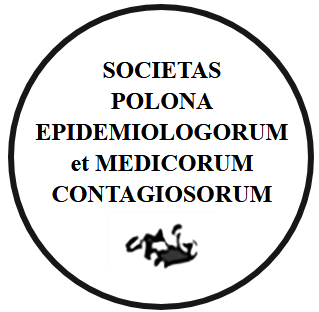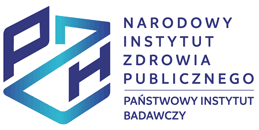ABSTRACT
BACKGROUND. Today, due to advances in science, students must learn to be more active. Active learning will enhance students’ learning and motivation. The purpose of this study was to compare the two methods of Context-Based Learning (CBL) and traditional method in cognitive and psychomotor domains and critical thinking of undergraduate nursing students.
METHODS. This was a semi-experimental study. The participants were 50 (25 CBL and 25 traditional) senior nursing students spending internship training period in the neurology ward. Data collection tool was a four-section questionnaire. After passing the period, the students were asked to complete the questionnaire once more to determine modification degree in each category of cognitive, psychomotor and affective domain, learning process and critical thinking of student after applying CBL and traditional methods. Subsequent to the completion of the questionnaire, prior and next data were compared. Data were analyzed by SPSS software and the significance level considered 5%. T-test and paired T-test as well as Mann-Whitney test were used to compare the attributes of independent and dependent variables.
RESULTS. Results of the study showed that in CBL group, the scores were increased in all five behavioral domains after the intervention. However, in the traditional group, the difference of score mean of the students’ behavior was not significant before and after the intervention. In addition, the results indicated that in CBL group, learning score increased in level of knowledge, understanding, application, analysis, and synthesis and evaluation. In the traditional group, while learning score increased in knowledge and understanding domains, it not only did not increase in application, analysis, synthesis and evaluation levels but it was also lower than in the CBL group.
CONCLUSIONS. In CBL group, behavioral score increased in terms of respect, self-awareness and selfevaluation, communication skills, accountability, critical thinking as well as motivation, and in learning process in levels of knowledge, understanding, application, analysis, syntheses and evaluation. New educational methods lead to learn more deeply and become more sustainable.
You can change cookies settings in your browser. Restricted use of cookies in the browser configuration may affect some functionalities of the website.




